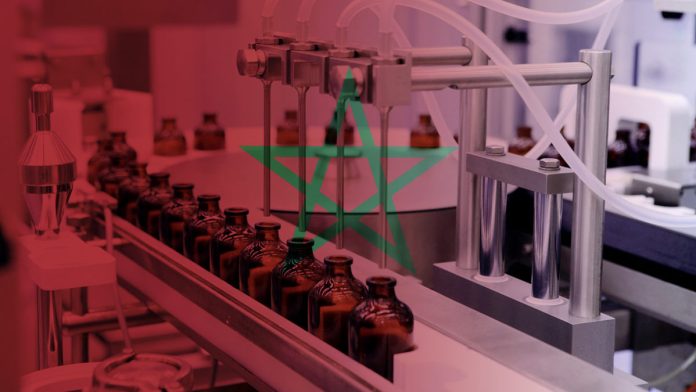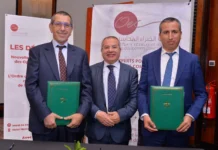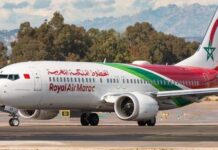Morocco advances toward pharmaceutical independence. The Kingdom is poised to produce up to 70% of its pharmaceutical needs, including generic medications, according to Health and Social Protection Minister Khalid Ait Taleb. During a session addressing Morocco’s pharmaceutical sovereignty, Ait Taleb emphasized the country’s capacity to fulfill its medication requirements through qualified local enterprises.
The minister outlined the government’s strategy to bolster the local pharmaceutical industry, extending beyond medications to include medical devices. He highlighted various agreements designed to decentralize these industries, ensuring they are not concentrated solely in Casablanca or Berrechid but spread across other cities.
In line with King Mohammed VI’s directives, a state-of-the-art vaccine manufacturing plant is being established. This facility will not only cater to 100% of Morocco’s vaccine needs but also has the capacity to export to Africa, thus enhancing the continent’s pharmaceutical sovereignty. The plant is set to produce up to 144 million doses annually, far exceeding the nation’s annual requirement of 22 million doses.
Ait Taleb also discussed the goal of creating a strategic reserve stockpile to manage crises efficiently. This initiative aligns with the King’s directives to maintain a robust and widely available reserve.
Addressing the challenge of reducing medication costs, particularly for cancer treatments, the minister acknowledged it as a significant hurdle in achieving health sovereignty. He announced a new governance model under which the Moroccan Agency for Medicines and Health Products will collaborate with partners to produce cancer medications domestically.
These steps underscore Morocco’s commitment to enhancing its pharmaceutical sector, ensuring self-sufficiency, and contributing to broader regional health security.





